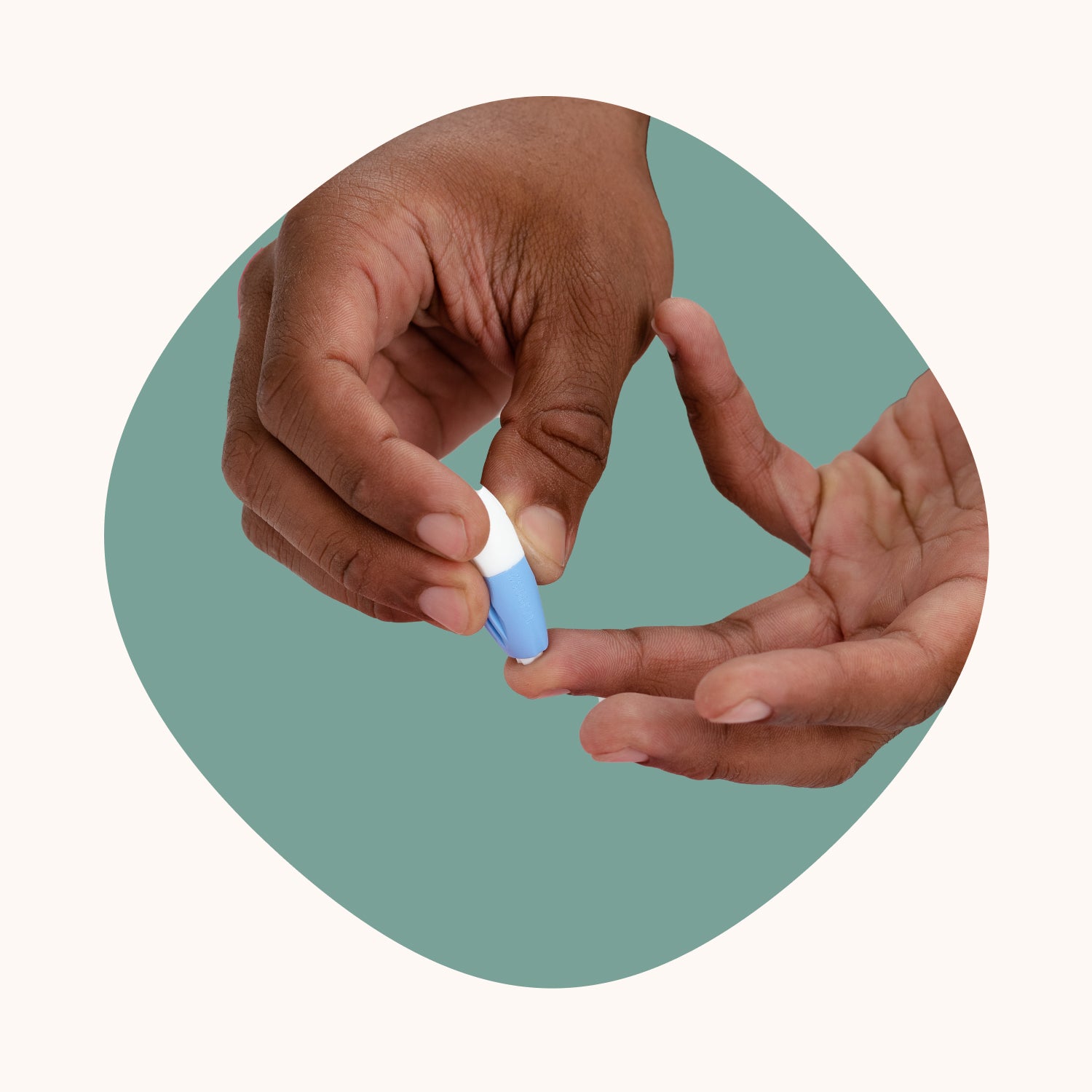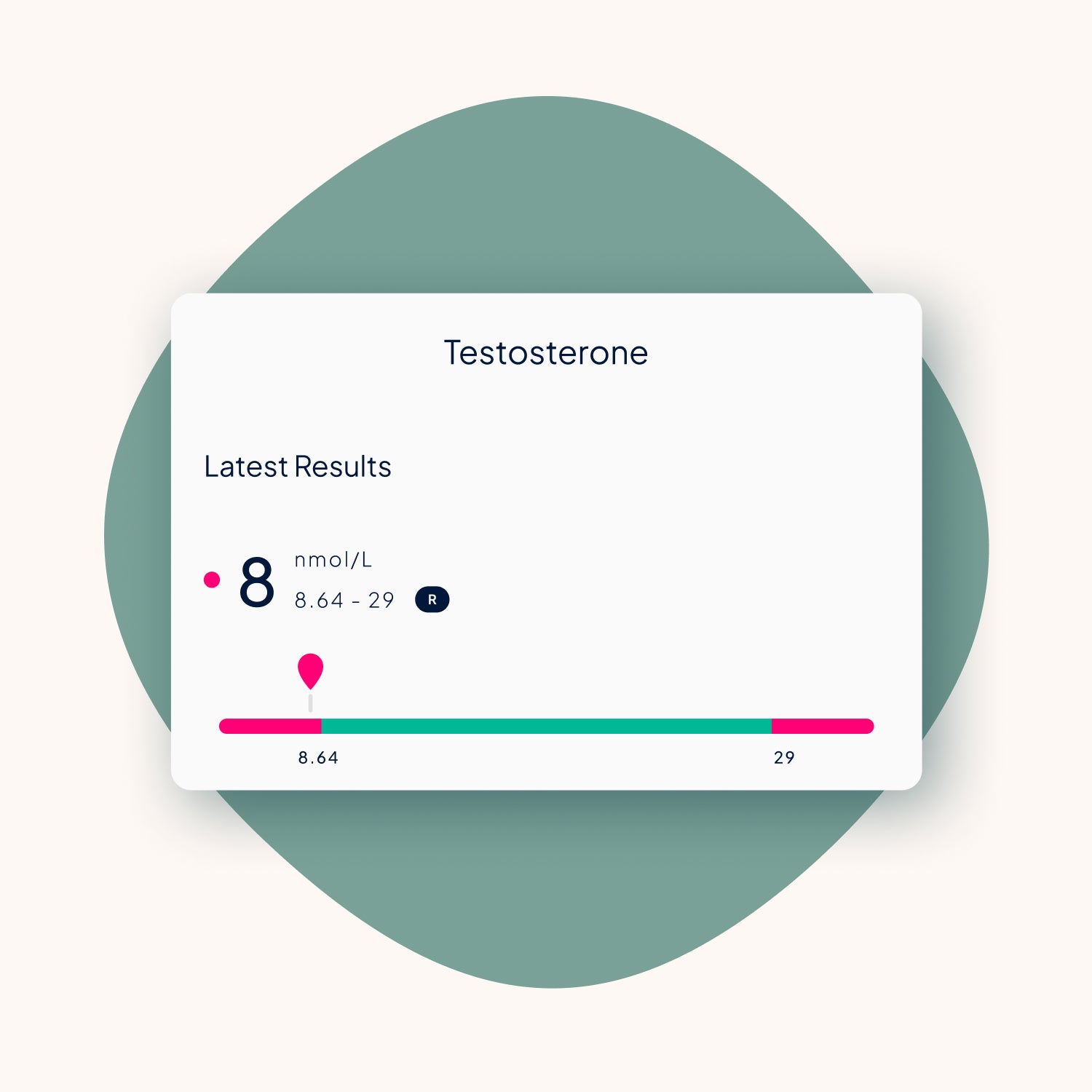Testosterone replacement therapy (TRT) is a treatment for men with low testosterone levels. TRT can improve a variety of symptoms, including erectile dysfunction, low sex drive, and fatigue. However, there has been some concern that TRT may increase the risk of heart problems.
The Testosterone Replacement Therapy for Assessment of Long-term Vascular Events and Efficacy Response in Hypogonadal Men (TRAVERSE) study was a large, randomized controlled trial that evaluated the cardiovascular safety and efficacy of TRT in men with low testosterone levels and either pre-existing or a high risk of cardiovascular disease.
The study enrolled over 5,000 men and randomized them to either TRT or placebo. The participants were followed for an average of 3.6 years.
The primary outcome of the study was the incidence of major adverse cardiac events (MACE), defined as a composite of nonfatal myocardial infarction, nonfatal stroke, and cardiovascular death. The secondary outcomes included prostate safety, defined as the incidence of adjudicated high-grade prostate cancer, and efficacy in domains of sexual function, bone fractures, depression, anaemia, and diabetes.
The results of the TRAVERSE study showed that TRT was noninferior to placebo for the incidence of MACE. This means that TRT did not increase the risk of heart problems in men with low testosterone levels and either pre-existing or a high risk of cardiovascular disease.
The TRAVERSE study also found that TRT was safe and effective for improving sexual function and other symptoms of hypogonadism. For example, men who received TRT had a significant improvement in their erections, libido, and overall sexual satisfaction.
The TRAVERSE study is an important landmark study in the field of testosterone replacement therapy. It provides strong evidence that TRT is safe for the heart in men with low testosterone levels and high cardiovascular risk, and that it can improve their quality of life.
Erectile Dysfunction and TRT
Erectile dysfunction (ED) is a common condition that affects millions of men worldwide. It is caused by a variety of factors, including low testosterone levels, cardiovascular disease, diabetes, and neurological disorders.
TRT can be an effective treatment for ED caused by low testosterone levels. In the TRAVERSE study, men who received TRT had a significant improvement in their erections.
TRT is not a cure for ED, and it may not be effective for all men. However, it is a safe and effective treatment option for men with low testosterone levels who are looking to improve their sexual function.
References
- The TRAVERSE Study Investigators. Cardiovascular Safety of Testosterone Replacement Therapy in Men with Hypogonadism and Preserved or High Cardiovascular Risk. New England Journal of Medicine. 2023;389(1):3-14
- Hackett G. Testosterone Replacement Therapy: A Practical Guide. 3rd edition. Oxford University Press; 2021.
- Jones TH, Arver S, Isidori AM, Wu FC. Testosterone: Physiology, Pathophysiology, and Treatment. Cambridge University Press; 2017.
Additional Information
TRT is available in a variety of forms, including gels and injections. The best form of TRT for you will depend on your individual needs and preferences.
It is important to talk to your doctor about the risks and benefits of TRT before starting treatment. TRT can have side effects, such as acne, increased hair growth, and decreased sperm production.
If you are considering TRT, be sure to work with a qualified healthcare professional to ensure that you are receiving the safest and most effective treatment possible.



Share:
Testosterone deficiency in Type 2 diabetes
Testosterone as effective as antidepressants for men?